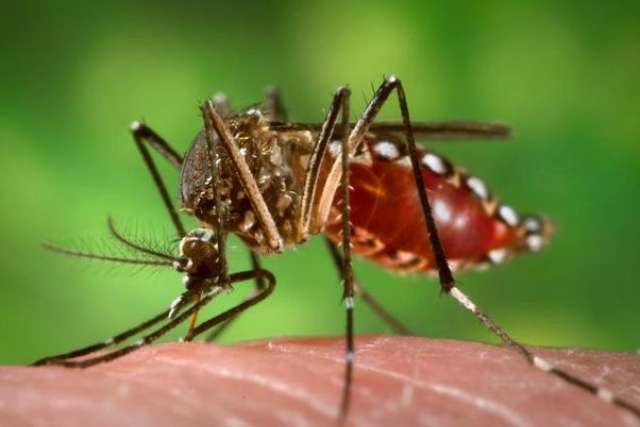FINDINGS
For the first time, researchers have found evidence that infants with laboratory confirmation of Zika exposure before birth have a higher prevalence of major cardiac defects compared to infants who were not exposed to the mosquito-borne virus.
Researchers confirmed in utero exposure to the Zika virus in 97 children through tests that detected the virus while their mothers were pregnant or when the infants tested positive for the virus after birth. In 23 other infants, the mothers tested positive for Zika while pregnant and the infants were found to have the virus after birth.
The researchers found that 48 babies (or 40 percent) had cardiac abnormalities. Of those, 13 infants (10.8 percent) had major cardiac defects that impacted the heart structure. None of the defects, however, required immediate surgical or medical treatment.
BACKGROUND
Zika has been linked to profound neurological damage in infants born to mothers who contracted the virus while pregnant. Previous research has found non-severe congenital heart defects in infants with suspected congenital Zika syndrome, but without laboratory confirmation of maternal Zika infection in pregnancy. Congenital Zika syndrome is a set of birth defects found in infants infected with the virus during the mother’s pregnancy. In this study, researchers performed echocardiograms in infants with laboratory confirmation of in utero exposure to Zika to investigate a potential link between prenatal Zika exposure and congenital heart defects.
METHOD
The researchers performed cardiac echocardiograms in infants born in Rio de Janeiro, Brazil, from November 2015 to January 2017. All infants were infected with the Zika virus during their mothers’ pregnancy, as confirmed by laboratory tests.
IMPACT
Women infected by Zika during pregnancy were 10 times more likely than the general population to give birth to infants with major cardiac defects. The researchers recommended that infants with suspected congenital Zika infection should be evaluated for cardiac problems. Because the heart defects noted in the study did not require immediate management, cardiac evaluation through physical examination and measure of oxygen saturation should be performed before discharge from the maternity hospital. If these are abnormal, evaluation by a pediatric cardiologist should be requested.
AUTHORS
Dr. Karin Nielsen-Saines of UCLA; Dr. Dulce Orofino, Dr. Carla Verona de Farias, Dr. Maria de Fatima Leite, Dr. Sheila Pone, Dr. Marcos Pone and Dr. Maria Elizabeth Moreira of the Fernandes Figueira Institute, Oswaldo Cruz Foundation; and Dr. Sonia Passos, Dr. Raquel de Oliveira, and Dr. Helena Teixeira Mendes of Evandro Chagas National Institute of Infectology at the Oswaldo Cruz Foundation.
Orofino and Mendes are also associated with Souza Marques School of Medicine in Rio de Janeiro.
JOURNAL
The study is published in the peer-reviewed PLOS Neglected Tropical Diseases.
FUNDING
The study was supported by Rio de Janeiro state government research grants; Dr. Nielsen is supported by the National Institute of Allergy and Infectious Diseases.



